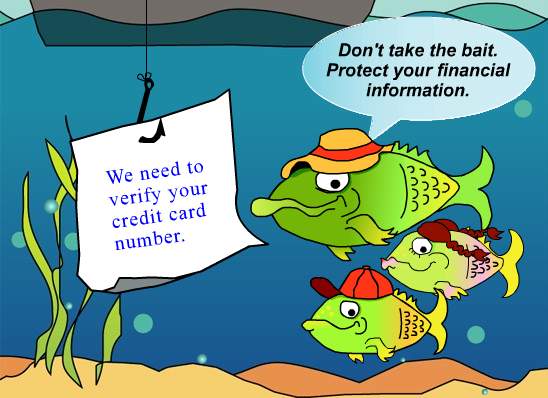
Video: “Hack reveals scandalous Sony secrets” uploaded by CNN
I’m sure you’ve heard about the most recent Sony hack and the following controversy regarding the movie “The Interview” that depicts a plot to assassinate the leader of North Korea. Sony isn’t the only company to get hacked, and they certainly won’t be the last, but the following information should help you understand the jargon you might hear in the news when the next attack happens.
Let’s start with phishing. This is the type of hacking that you will likely hear about most because it happens all of the time. It is usually done by sending out mass emails in the guise of a legitimate financial or institutional service asking to confirm payment or Social Insurance Numbers. This technique is used to steal a person’s money or identity. When you hear about these attacks in the news, or even from an institution, you generally hear something like “There have been recent reports of fraudulent emails sent to you from us. Please do not respond or open them.” Even UBC staff and students have been affected.

Phishing – the fishing of the internet age Attribution: By Tabor at en.wikipedia (Transferred from en.wikipedia) [Public domain], from Wikimedia Commons
Finally, the other most common attack you will hear about is denial of service. Now, denial of service itself is not a form of hacking, but a result of certain attack strategies. The goal with this type of attack is to suspend or interrupt a service so that the company providing the service loses money or users. The strategy to cause this interruption almost always includes overloading the system by causing too much traffic on, or to a website. A good example of this was was when PlayStation‘s network was so overloaded by millions of fake users that it had to be shutdown.

Video: “Google Ideas: Distributed Denial of Service Attacks” uploaded by Google Ideas
By now, you are probably thinking that the Internet is a very dangerous place, which it is. The first step in protecting yourself is with strong passwords. The CBC reported ways to make your passwords stronger, with it, SplashData’s list of the most used passwords in 2014 (please don’t use “123456” like many other people did). Additionally, the Government of Canada has provided a wealth of information on how to protect yourself from cyber criminals.
Signing off,
Dorothy Ordogh

3 responses to “Understanding Hacking in the News”